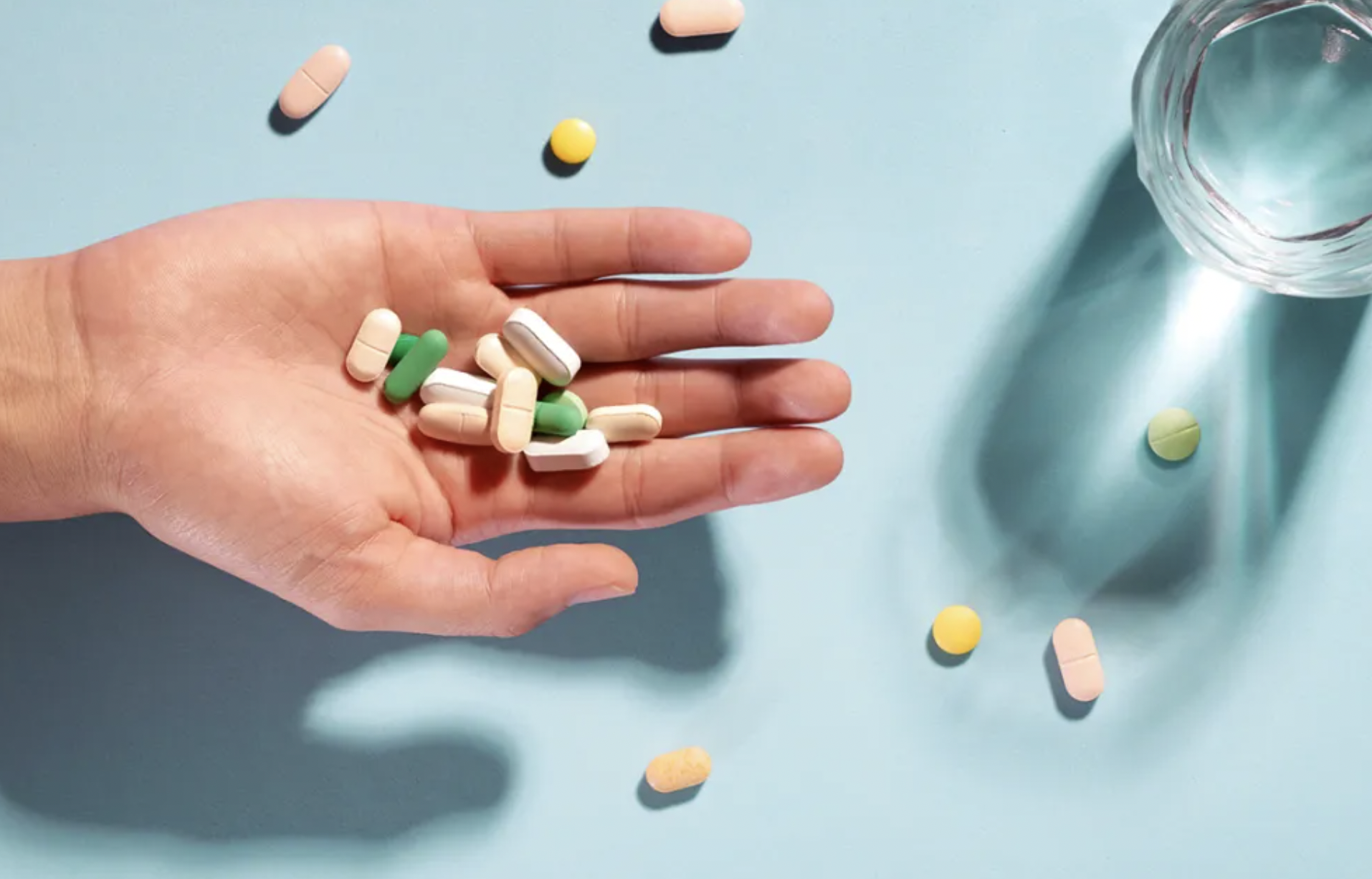In today’s fast-paced world, anxiety and depression are becoming increasingly common mental health issues. While conventional treatments like therapy and medication have been beneficial for many, these methods can have limitations and side effects. Enter Cannabidiolic acid (CBDA), a lesser known but highly promising cannabinoid with the potential to alleviate symptoms of anxiety and depression.
What is Cannabidiolic Acid?
Cannabidiolic acid, or CBDA, is the acidic precursor to the well-known Cannabidiol (CBD) cannabinoid that is sourced from hemp plants. When heated, CBDA undergoes decarboxylation and transforms into CBD. However, this raw, unheated form offers unique properties and potential benefits distinct from its decarboxylated counterpart.
Hemp plants naturally produce CBDA, primarily in the leaves and flowers. Producers typically employ cold-pressing techniques to extract CBDA, as this method ensures that the compound remains intact and unheated. CBDA manufacturers and makers aim to provide high-quality, lab-tested products that meet strict quality control standards.
CBDA’s Role In Alleviating Anxiety And Depression
Our bodies possess a complex system called the endocannabinoid system (ECS), which regulates several functions, including mood, stress response, and inflammation. The ECS comprises receptors, endocannabinoids, and enzymes that interact with cannabinoids like CBDA.
Serotonin Receptor Activation
Serotonin, often called the “feel-good hormone,” plays a crucial role in mood regulation. Research suggests that CBDA interacts with serotonin receptors more effectively than CBD. By activating these receptors, CBDA could potentially help regulate mood and alleviate symptoms of anxiety and depression.
Benefits Of CBDA For Anxiety And Depression Relief
There have been a few studies that look into the potential benefits of CBDA for anxiety and depression. The studies suggest that CBDA may work to reduce symptoms of both disorders, possibly due to its ability to interact with serotonin receptors. Many participants in the study reported an improvement in their mood after they took CBDA supplements.
Natural And Non-Psychoactive
One of the most significant advantages of CBDA is that it’s a natural, non-psychoactive compound. Unlike Tetrahydrocannabinol (THC), the primary psychoactive cannabinoid in cannabis, CBDA doesn’t cause any mind-altering effects. This makes it an attractive option for those seeking the benefits of cannabinoids without the “high.”
Minimal Side Effects
Many traditional treatments for anxiety and depression come with a slew of side effects. In contrast, CBDA boasts a favorable safety profile, with few reported adverse effects. This characteristic makes CBDA a compelling alternative for those looking for more gentle and tolerable solutions.
Potential Synergistic Effects With Other Cannabinoids
The “entourage effect” is a phenomenon where cannabinoids work together to produce enhanced benefits. Some studies suggest that CBDA could have synergistic effects when combined with other cannabinoids, potentially boosting its effectiveness in treating anxiety and depression.
Non-Habit Forming
CBDA is non-habit forming, reducing the risk of dependence compared to some traditional medications like benzodiazepines. This quality further supports CBDA’s potential as a safer and more sustainable treatment option for anxiety and depression.
How To Use CBDA For Anxiety And Depression Relief
Forms Of CBDA Products
CBDA is available in various forms, making it convenient and easy to incorporate into your daily routine. Popular CBDA products include:
- Tinctures And Oils – These liquid forms allow for precise dosing and can be taken sublingually or mixed into food and beverages.
- Capsules – For those who prefer a more familiar method of consumption, CBDA capsules offer a convenient and discreet option.
- Topicals – CBDA-infused creams, balms, and salves can be applied directly to the skin, allowing for localized relief.
Dosage And Titration
Determining the appropriate CBDA dosage is a personal process, as individual responses may vary. It’s generally recommended to start with a low dose and gradually increase until the desired effects are achieved. Some tips for finding the right dose include:
- Consult a healthcare professional experienced in cannabinoid therapy for guidance.
- Begin with a low dose and gradually increase over time, paying attention to how your body reacts.
- Track your symptoms and dosage in a journal to help determine the optimal amount for your needs.
The potential of CBDA in mental health treatment is becoming increasingly evident as more research emerges. Its natural, non-psychoactive properties, minimal side effects, and non-habit-forming nature make it a compelling alternative to conventional anxiety and depression treatments.
Although more research is needed to fully understand CBDA’s benefits and mechanisms, the existing evidence offers hope to those seeking alternative therapies. If you’re considering CBDA as a treatment option, consult a knowledgeable healthcare professional and explore the range of CBDA products available to find the best fit for your needs.

